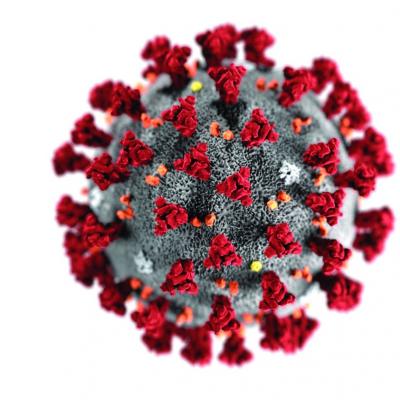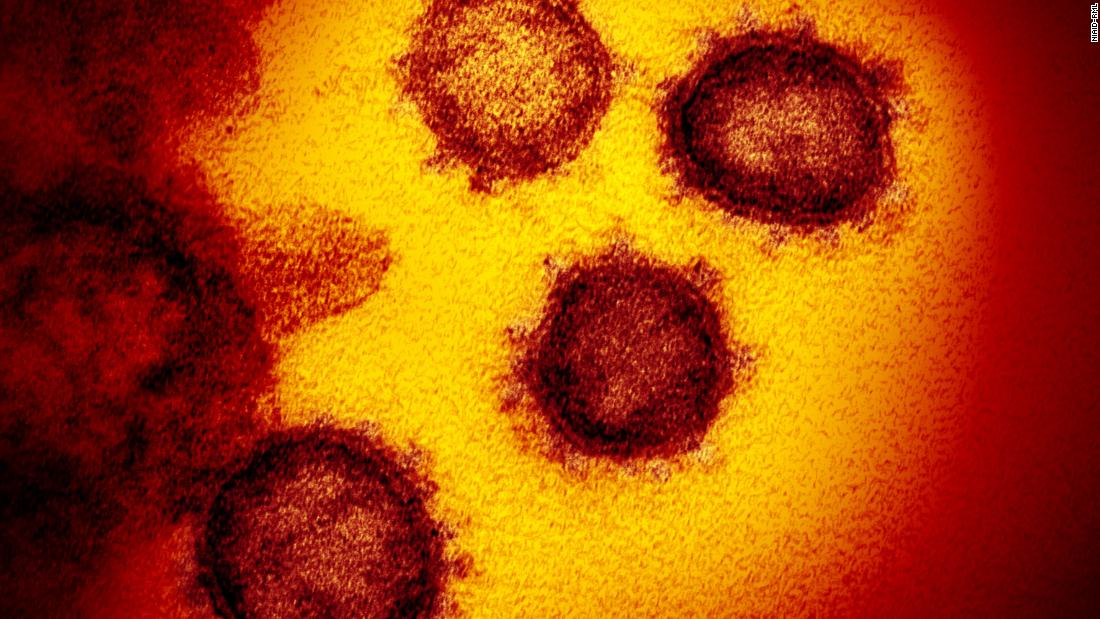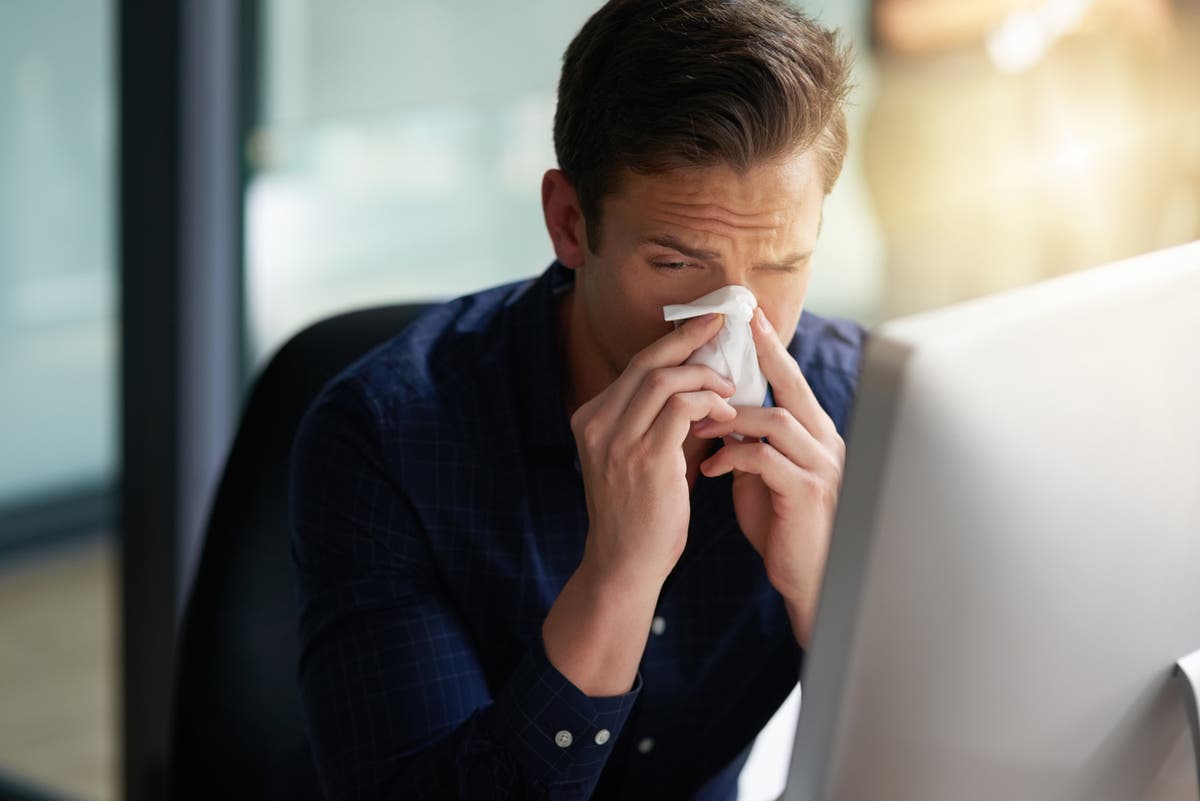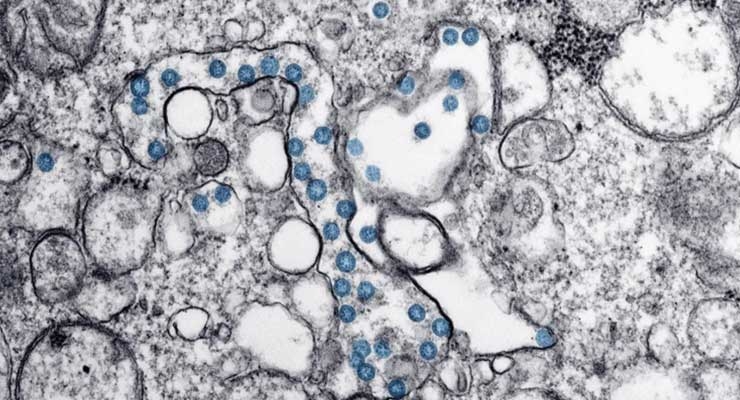Nelson Vergel
Founder, ExcelMale.com
I am hoping hydroxychloroquine works for prevention of infection or symptoms in these large placebo controlled studies. Some are using once per week dosing.
 clinicaltrials.gov
clinicaltrials.gov

The death rate at hospital from coronavirus in US is well above 11%: just go to coronavirus tracker and calculate for US: 46.6K dead, 77.8K recovered, death rate = 46.6/(46.6 + 77.8) = 37% !
So where exactly these "smart medical professionals" got a non-treated group with a death rate of only 11%? The explanation is very simple - that group is SELF SELECTED - people with a light case of coronavirus chose not to take any drug for it.
The people in the hydroxychloroquine group are most probably patients in a more serious condition so they chose hydroxychloroquine as a treatment.
So they are comparing light cases with severe cases and claim the treatment drug killed the patients. This is an utmost medical stupidity - it's like they never took statistics. However this "study" is being wildly critisized on the preprint archive where it is "published".



We do seem to be in a free fire zone, try whatever we have in the drug cabinet, the kitchen sink approach.Can Estrogen and Other Sex Hormones Help Men Survive Covid-19?
Last week, doctors on Long Island in New York started treating Covid-19 patients with estrogen in an effort to increase their immune systems, and next week, physicians in Los Angeles will start treating male patients with another hormone that is predominantly found in women, progesterone, which has anti-inflammatory properties and can potentially prevent harmful overreactions of the immune system.




This pandemic just illustrates how unreliable medical studies are. "Conclusions" change every month to the exact opposite of before.
Hydroxychloroquine is known to be safe in the regular doses used by arthritis patients but they made everything possible to vilify it and it had to take the president himself to demonstrate safety.
Yeah he heroically took it to prove it was safe. Jesus fuck how are you so stupidThis pandemic just illustrates how unreliable medical studies are. "Conclusions" change every month to the exact opposite of before.
Hydroxychloroquine is known to be safe in the regular doses used by arthritis patients but they made everything possible to vilify it and it had to take the president himself to demonstrate safety.
That’s where you should stop readingWhite House physician Sean Conley